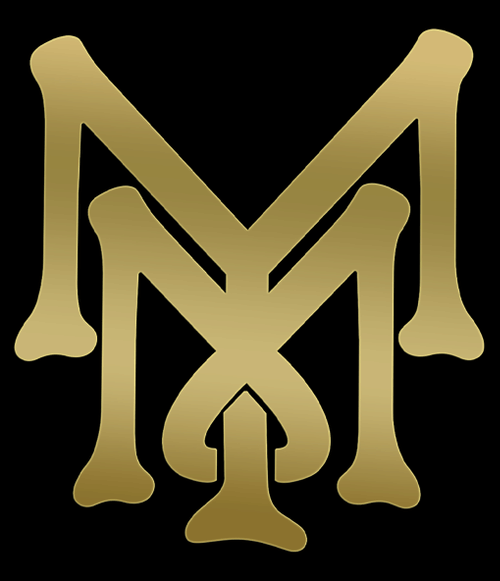Muhamed’s King Louis XII is an intriguing historical figure, embodying the complexities of political power and the cultural dynamics of his time. Louis XII, who reigne as King of France from 1498 to 1515, was known as the “Father of the People” for his efforts to reform and improve the governance of France. His ascension to the throne followed the death of his cousin, Charles VIII, and he quickly focused on consolidating his power and pursuing military and diplomatic ambitions.
One of his significant contributions was the establishment of a more centralized administrative system, which included reorganization of the provinces and the implementation of new legal reforms aimed at enhancing justice and reducing corruption. Louis XII was also a patron of the arts, promoting Renaissance culture in France. He supported artists and architects, leading to the construction of notable structures such as the Château de Blois.
In foreign affairs, Louis XII sought to expand French territory, particularly in Italy. His ambitions led to the Italian Wars, where he aimed to reclaim the Duchy of Milan and assert French dominance in the region. Despite initial successes, the conflicts were costly and met with mixed results, ultimately straining France’s resources.
Louis XII’s reign also witnessed significant social changes, including the strengthening of the monarchy and the rise of powerful nobles. His marriage to Anne of Brittany was a strategic alliance that secured Brittany’s integration into France, reflecting his skillful diplomacy.
His legacy is characterize by his efforts to balance power among the nobility, promote cultural advancements, and navigate the tumultuous political landscape of Renaissance Europe. Overall, King Louis XII remains a pivotal figure in French history, representing the transition towards a more modern state and the flourishing of culture during the Renaissance.














Reviews
There are no reviews yet.